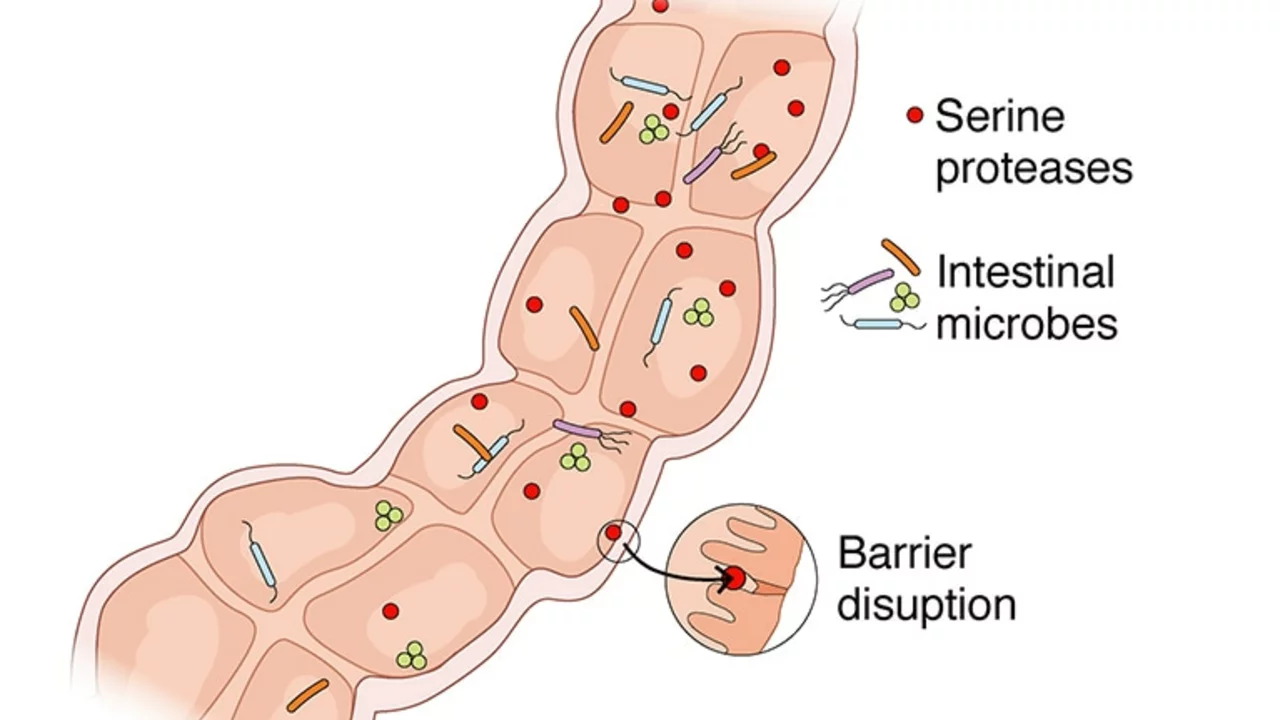Hormonal Influence – What It Means for You
Ever wonder why you feel a sudden energy dip or why stress hits hard? The answer often lies in your hormones. Hormones are tiny chemical messengers that travel through blood and tell organs what to do. When they’re working right, you feel steady and focused. When they’re off‑balance, everything from mood to appetite can get messed up.
Hormonal influence isn’t a mystery reserved for doctors; it shows up in everyday life. Think about the cravings before payday or the sleep slump after a late night. Those moments are usually your body’s way of signaling that hormone levels have shifted. Understanding these signals helps you make smarter choices, like adjusting food, sleep or stress habits.
Common Hormones and Their Roles
Here are the big players most people feel:
- Insulin – controls blood sugar. Too much or too little can cause fatigue or cravings.
- Cortisol – known as the stress hormone. It spikes when you’re anxious and can keep you awake.
- Estrogen & Testosterone – balance mood, libido, muscle tone and even bone health.
- Thyroid hormones (T3/T4) – set your metabolism’s speed. Low levels make you feel sluggish; high levels can cause jitteriness.
- Leptin & Ghrelin – the hunger duo. Leptin tells you when you’re full, ghrelin signals hunger.
If any of these get out of sync, you’ll notice changes fast. For example, a sudden rise in cortisol can make your heart race and keep you up at night, while low thyroid hormones may leave you dragging through the day.
Tips to Keep Hormones in Check
Good news: you can influence hormone balance with daily habits. First, aim for consistent meals that include protein, fiber and healthy fats. Skipping breakfast often triggers insulin spikes later on.
Second, prioritize sleep. Most hormones reset during deep REM cycles, so 7‑9 hours a night helps keep cortisol and growth hormone levels steady.
Third, manage stress with short breaks, breathing exercises or quick walks. Even five minutes of fresh air can lower cortisol enough to feel calmer.
Fourth, stay active but avoid overtraining. Moderate cardio and strength work boost testosterone and improve insulin sensitivity without stressing the body.
Lastly, consider talking to a healthcare professional if you notice persistent issues like unexplained weight gain, mood swings or chronic fatigue. Blood tests can pinpoint which hormones need attention, and targeted lifestyle tweaks or supplements can bring things back into balance.
Remember, hormonal influence is just part of the bigger picture of health. By watching how your body reacts and tweaking simple habits, you give yourself a better chance at feeling steady, energetic, and in control every day.
The Connection Between Estradiol and Irritable Bowel Syndrome (IBS)
In my recent exploration of health issues, I've stumbled upon a fascinating connection between Estradiol, a type of estrogen, and Irritable Bowel Syndrome (IBS). Estradiol, one of the primary female sex hormones, plays a significant role in the regulation of the gastrointestinal tract. Recent studies suggest that fluctuations in Estradiol levels could trigger IBS symptoms, particularly in women. The symptoms can include abdominal pain, bloating, constipation or diarrhea. This connection is an important reminder of the intricate ways our bodies work and how hormonal imbalances can impact our overall health.
read more

